China's Xi Jinping was once a "humble" leader who has "totally changed" since taking control of the country in the style of Mao Zedong, according to the memoir of Hideo Tarumi, a former Japanese ambassador to Beijing who left his post in December amid deteriorating bilateral ties.
In the memoir published by the literary magazine Bungeishunjū just two months after he left his post, Tarumi describes meeting Xi during a visit to Japan when he was vice president under Hu Jintao in 2009.
Tarumi’s job on the night was to greet each guest personally, and he noticed that Xi showed no sign of impatience while waiting to be greeted, despite the fact that Tarumi was running late, and took a while to get to him.
The encounter was to leave Tarumi with the impression of a “humble” official, he wrote, adding that Xi has “totally changed” since taking power in 2012.
“Xi Jinping’s aura has totally changed,” Tarumi wrote, adding that he is now surrounded by far more security guards than his predecessor Hu Jintao, making it hard to approach him.
He said Xi has now steered China away from the decades of economic reform launched by late supreme leader Deng Xiaoping in 1979, and along a path that is closer to that chosen by Mao Zedong.
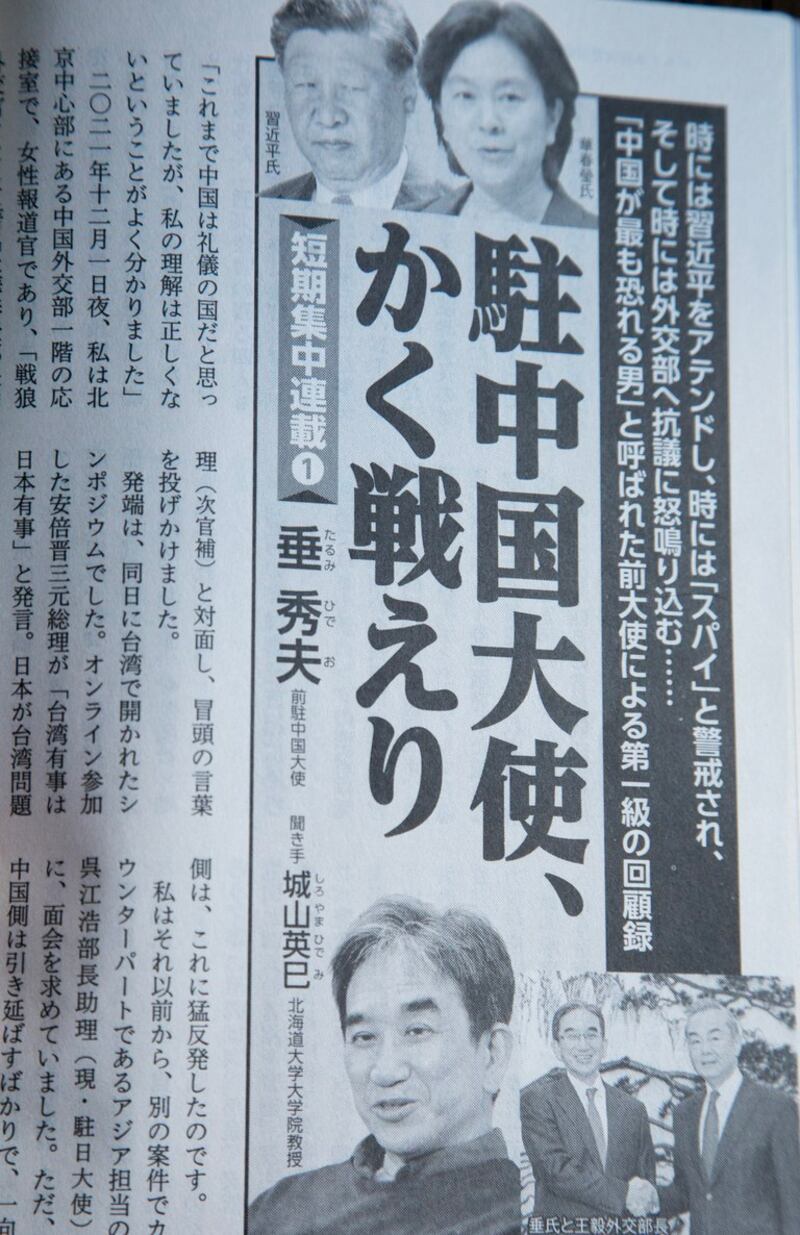
“Xi Jinping’s actions prove that he chose ... to use a high degree of centralization to maintain the legitimacy of Chinese Communist Party rule,” Tarumi wrote, adding that the centralization of power in Xi’s hands now means that the formerly powerful Politburo Standing Committee is now subordinate to Xi Jinping.
He said Xi had “sacrificed the economy to achieve national security goals,” or regime stability.
‘Contradictory’
But he said the amendment of the Counterespionage Law last year and the loosening of immigration controls are also tied in with economic development.
“It’s a contradictory thing, and the ambassadors of Europe and the United States are also confused about it,” Tarumi wrote of the two moves.
The reform era ushered in by Mao's successor Deng Xiaoping saw people freed up to make money as fast as they liked, and the start of a burgeoning private sector and decades of export-led economic growth, while political ideology and authoritarian rule took a back seat.
In August, top Chinese economist Hu Xingdou published a 10-point plan calling for a return to those policies, and a move away from Beijing's aggressive " Wolf Warrior" diplomacy under Xi.
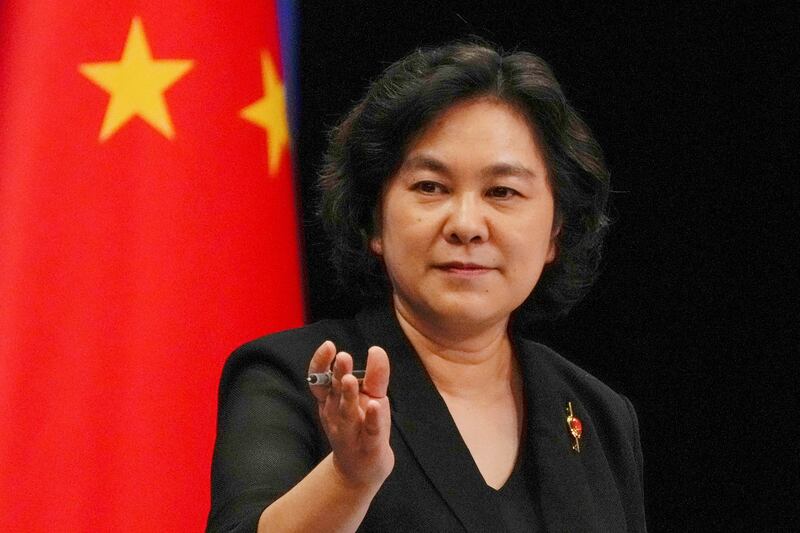
Yet Xi, who is serving a third and indefinite term in office after abolishing presidential term limits in 2018, is widely seen to be moving in the opposite direction to Deng. He's cracking down on private sector wealth and power and boosting the state-owned economy while eroding the freedoms enjoyed by the country's middle classes.
Face-off
Tarumi was feted as a "China hand" by the nationalistic Global Times newspaper when he took up his post in 2020 and has since gained a reputation as a fearless challenger of Wolf Warrior diplomacy.
In the book, he also describes being hauled in by foreign ministry spokesperson Hua Chunying and lectured after then-Japanese Prime Minister Shinzo Abe took part in a regional strategic forum on Taiwan, which China claims as its territory despite never having ruled the democratic island.
Tarumi went reluctantly after instructing his staff to “ignore” Hua’s summons – and after the foreign ministry threatened to cut him off from all future meetings.
Hua berated him with Japanese militarism leading to “the slaughter of many Taiwanese.” But Tarumi, who had served in Japan’s economic and trade office in Taiwan, retorted that he knew more about Taiwan than she did, and that Japan’s 50-year rule over Taiwan was due to the ceding of the island under the Treaty of Shimonoseki in the wake of the First Sino-Japanese War.
Hua appeared at a loss for words at this, and replied only: “Some people say Japanese militarism started in the 19th century. These new interpretations are unacceptable,” according to Tarumi’s memoir.
A few months later, Tarumi faced an even bigger problem.
One of his diplomats was detained by police after having lunch with Dong Yuyu, deputy head of editorials at the Communist Party's Guangming Daily newspaper, who was arrested for spying on Feb. 21, 2022.
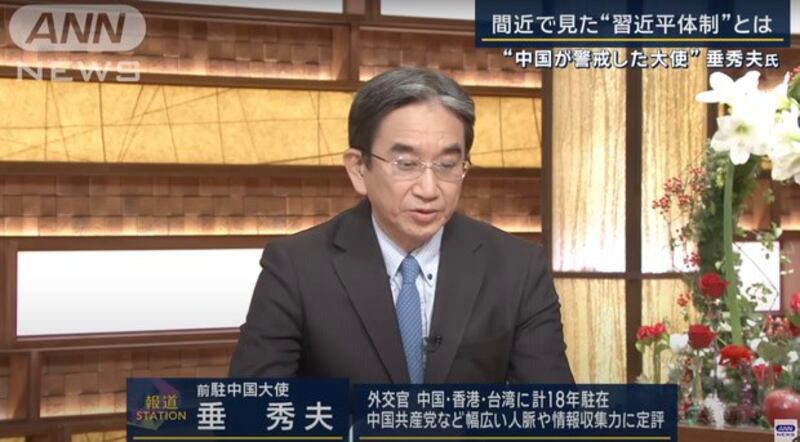
“Foreign personnel engaged in activities inconsistent with their status in China,” Hua told a regular news briefing at the time. “The relevant Chinese authorities conducted investigations and inquiries into this matter.”
According to Tarumi, the Japanese diplomat had presented his passport and work permits, informing the police that his detention had violated the Vienna Convention because it breached his diplomatic immunity.
Tarumi made an immediate protest to the foreign ministry, meeting with assistant foreign minister Wu Jianghao, who told him that the meeting was “irregular.”
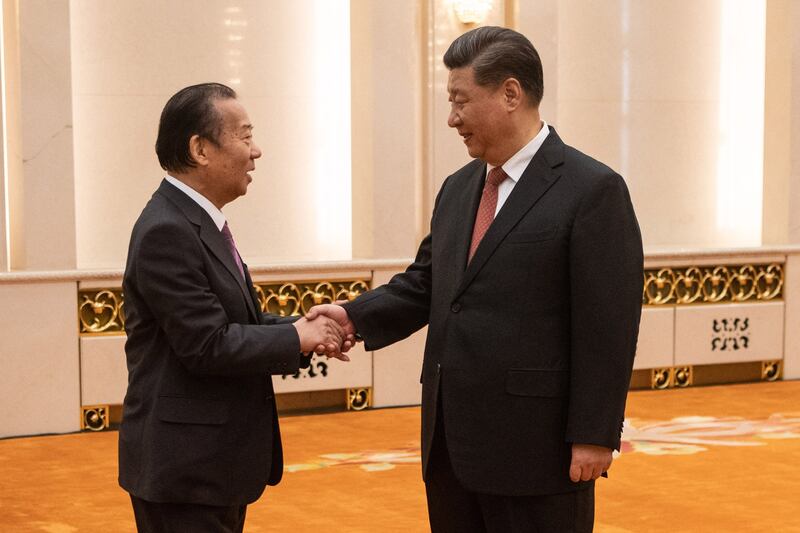
Tarumi replied that Wu had misrepresented the meeting and objected strongly, with the support of the ambassadors of 13 other countries, according to his account. Eventually, the Japanese diplomat was released.
A Beijing-based journalist who declined to be named said China intensified its surveillance of Japanese diplomatic missions following the incident, barring them from taking part in exchange activities as they normally would, and isolating them in their embassy and consulates.
Listening devices
Tarumi’s memoir appears to confirm this claim, adding that a number of dinner invitations sent to prominent Chinese intellectuals were declined after the incident, while listening devices were placed at Japanese restaurants frequented by embassy staff.
Pretty much nobody turned up for the emperor’s birthday celebrations, while police prevented Tarumi from holding an exhibition of his landscape photographs taken while in China.
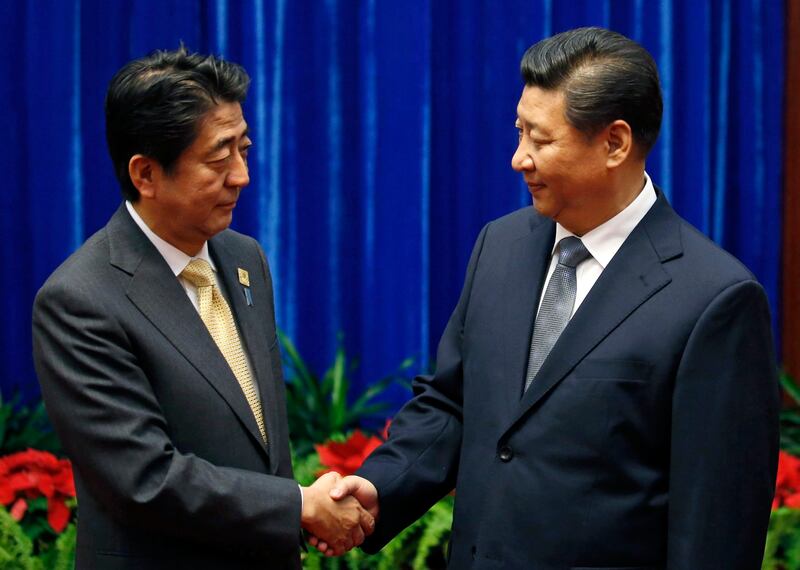
Police blocked the venue, preventing anyone from getting in, and removing Tarumi’s photos from their frames, Tarumi wrote, adding that the aim was “to make me feel uncomfortable.”
A senior international editor at a Japanese media organization who gave only the pseudonym Sato said they were shocked at the level of detail provided in Tarumi’s memoir, adding that the former ambassador had been extremely cautious about talking to journalists while still in post.
“I think Hideo Tarumi said too much,” Sato said. “The relationship between China and Japan is not very good right now, but it’s also a very important relationship.”
“However, I do believe he is coming from a place of wanting a good relationship between China and Japan,” Sato said, adding that former Japanese ambassadors are generally allowed to comment on current affairs after leaving office, as long as they don’t reveal any state secrets.
Translated by Luisetta Mudie. Edited by Malcolm Foster.
